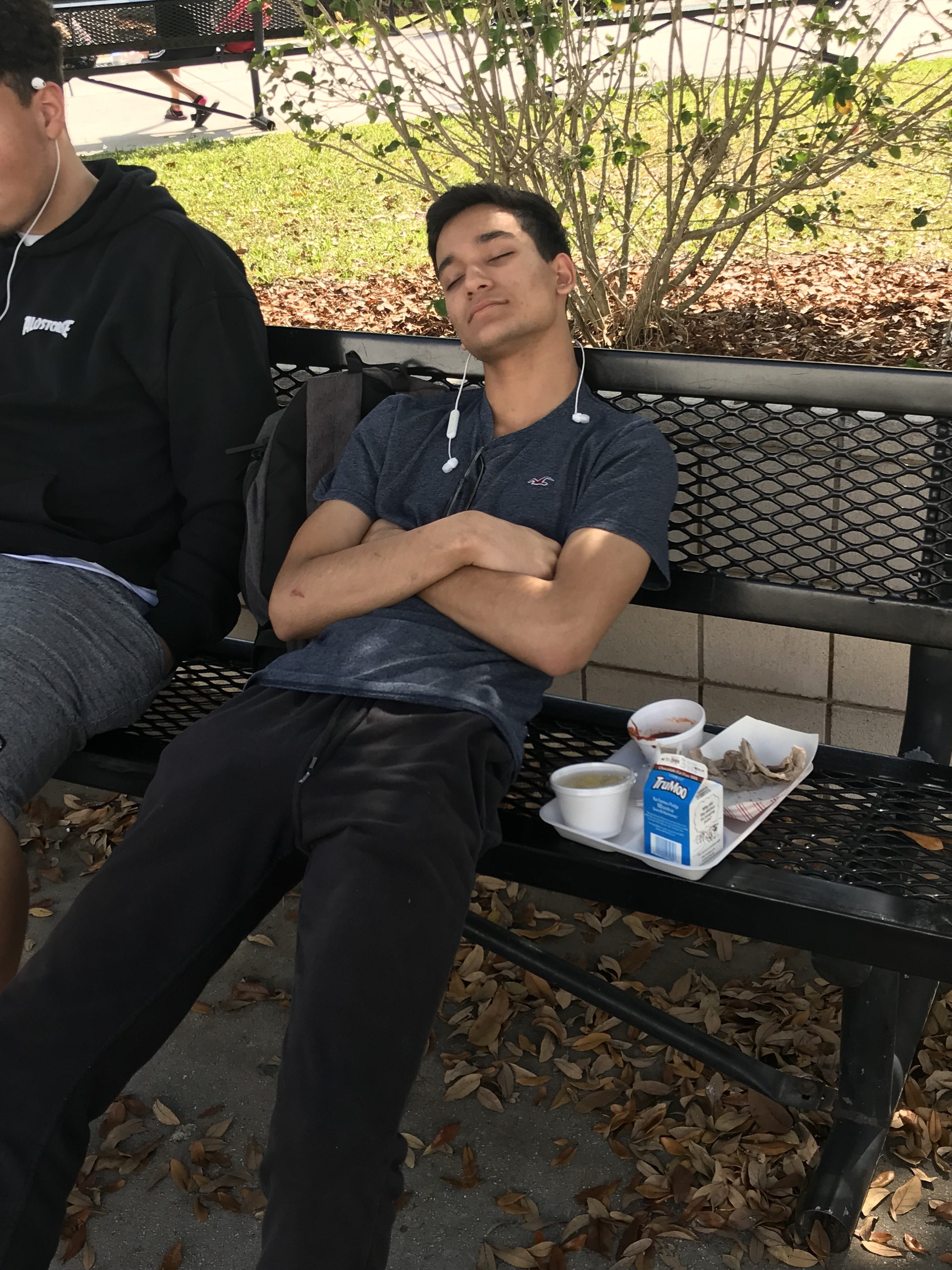As high school students, many of us are familiar with the late night study sessions that last until the wee hours of the morning or the Netflix marathon that went a few episodes too far. According to the National Center for Chronic Disease Prevention and Health Promotion, teenagers need at least 8 hours of sleep per night yet 66% get less than that. Although many high schoolers make a habit of staying up late, it can make it harder to wake up early for school and it can have negative effects on the body.

Often times around school phrases such as, “my sleep schedule a mess” or “I could use a nap right now” are thrown around by students. When Timber Creek students were asked about their sleep schedules for a school night, their answers were dependent on what they had planned for the afternoon. Junior Nicholas Viggiani stated, “I sleep from about 12 to 5:30 but sometimes I stay up late which is around 12 to 2 am because after work I usually can’t fall asleep.” Others like senior Gabriel Torre, can’t sleep because they’re busy doing homework, “I get about 6 to 7 hours of sleep depending on how busy I am. When it comes to a school night, I’m up late doing homework.” According to the CDC, staying up late can cause teenagers to become overweight, suffer from depressive symptoms, engage in unhealthy behaviors, and perform poorly in school. Which highlights why it is so important to find a healthy and consistent sleep schedule.
The circadian rhythm, or internal body clock tells the body when it’s time to wake up or go to sleep along with light from the environment. The light emitted from electronics, blue light, plays a major role in keeping students up late at night. According to a Harvard study, blue light suppresses the melatonin needed for sleep about two times longer than green light and “shifted circadian rhythms by twice as much.” Although the blue light can cause a lack of sleep, blue light glasses coupled with a healthy bedtime routine can help combat this in order to get at least 8 hours of sleep. Blue light glasses effectively block all blue light so that the brain doesn’t receive the signal to stay awake, therefore making you tired when it’s time to go to sleep. Along with the blue light glasses, a quiet and relaxing bath or an inviting bedroom causes the body to shut down on time.
